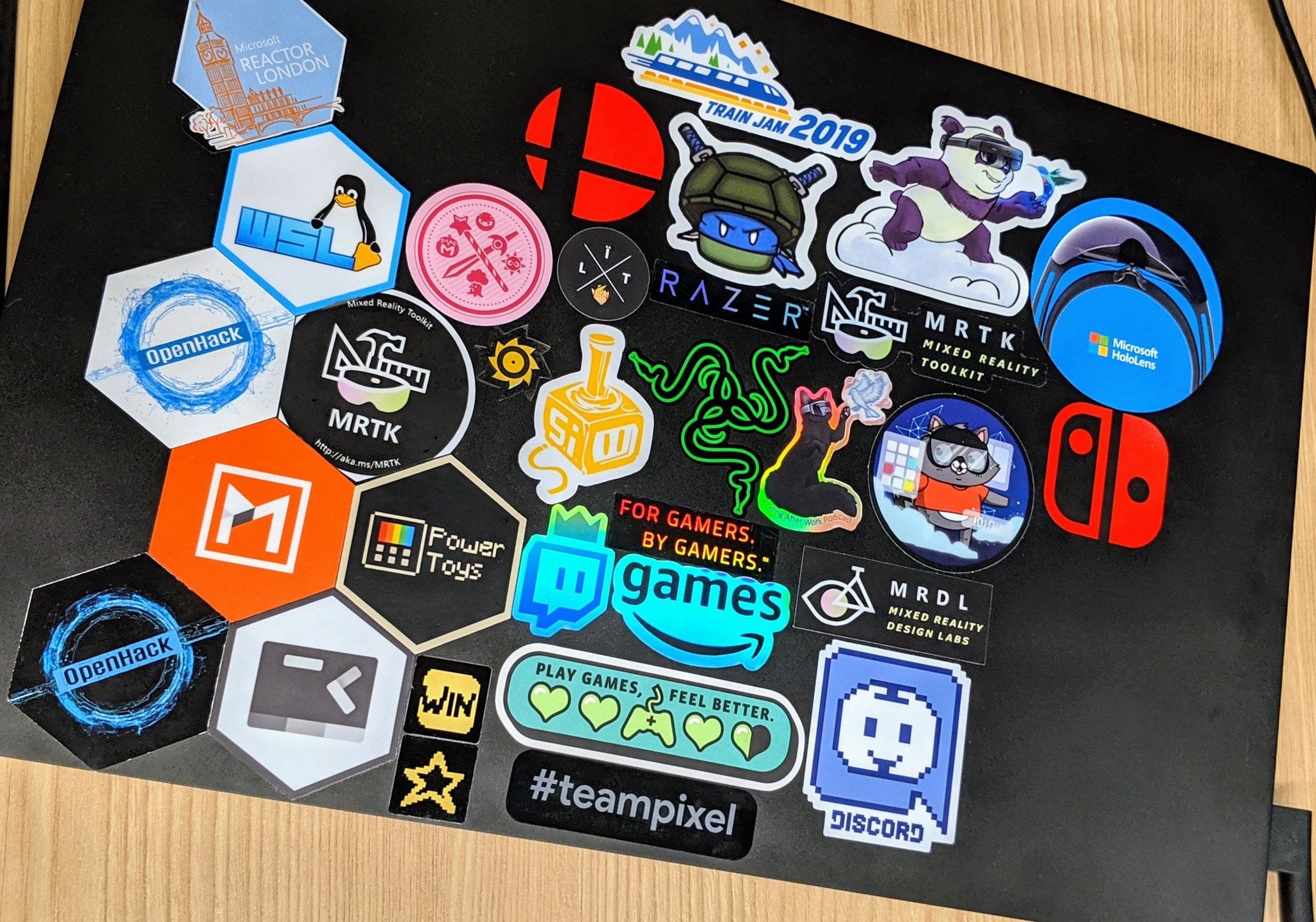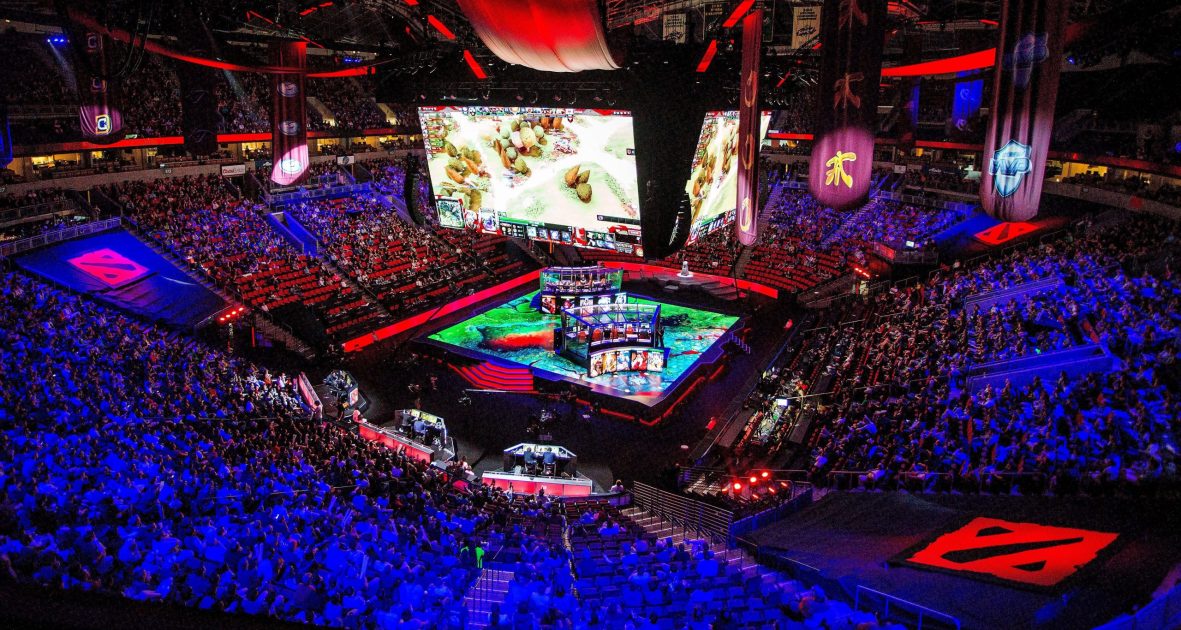Cryptocurrency integration into in-game economies has emerged as a revolutionary development in the gaming world. Traditionally, in-game currencies were confined to closed ecosystems controlled by game developers.
However, blockchain technology and cryptocurrencies have paved the way for decentralized and secure alternatives. It offers players new opportunities and experiences within virtual worlds.
Understanding In-Game Currency
In-game currency is a medium of exchange within virtual environments. It enables players to purchase virtual goods, upgrades, or even trade with other players. Game developers typically issue and manage these currencies, creating a closed-loop system.
Cryptocurrency introduces a paradigm shift by decentralizing this process. It gives players more control and autonomy over their virtual assets.
The Rise of Cryptocurrency in Gaming
The integration of cryptocurrencies like Bitcoin and Ethereum into gaming ecosystems has gained traction for several reasons. The casinos highlighted by Cryptocasinos247 offer a variety of games and allow you to complete payments with crypto. One of the primary advantages is the security and transparency offered by blockchain technology.
Blockchain ensures that each transaction is recorded on an immutable ledger. It reduces the risk of fraud and hacking, which have plagued traditional in-game currencies.
Furthermore, cryptocurrencies facilitate borderless transactions, allowing players from different regions to engage in seamless and secure financial interactions. This opens up new avenues for global multiplayer gaming. It enables players to trade virtual assets across geographical boundaries without the constraints of traditional banking systems.
Smart Contracts and Tokenization
Smart contracts are self-executing, and the terms of agreement are directly written into code. They play a crucial role in the integration of cryptocurrencies into gaming.
Game developers can leverage smart contracts to automate in-game processes, like item exchanges, rewards distribution, and tournaments. This not only streamlines operations but also enhances the overall gaming experience for players.
Tokenization is another key feature enabled by blockchain. It allows developers to represent in-game assets as unique tokens on the blockchain. These tokens can be traded or sold independently of the game, providing players with real-world value for their virtual possessions.
This concept has given rise to the idea of players truly owning and controlling their in-game assets. It fosters a sense of ownership and value in the gaming community.
Decentralized Autonomous Organizations (DAOs) In Gaming
The decentralized nature of cryptocurrencies also opens the door to the creation of Decentralized Autonomous Organizations (DAOs) in gaming. These are entities governed by smart contracts and the consensus of their members.
In the gaming context, DAOs could be formed to collectively make decisions about in-game governance, updates, and community events. This democratic approach empowers players and fosters a sense of community involvement in the development and evolution of the virtual world.
Gaming and Blockchain Innovations
The intersection of gaming and blockchain technologies has already given rise to innovative solutions beyond traditional in-game currencies. Non-fungible tokens (NFTs) are a notable example.
They are unique digital assets, often-representing in-game items, characters, or even moments. These tokens, built on blockchain technology, provide indisputable ownership and provenance. They allow players to buy, sell, and trade digital assets securely.
The use of NFTs introduces a new dimension to in-game economies. Rare virtual items can become highly sought after, fostering a dynamic marketplace where players can invest in assets with real-world value. Developers are exploring ways to incorporate NFTs into the gaming experience, creating a bridge between the virtual and physical worlds.
Community Engagement and Monetization
Cryptocurrencies in gaming also offer avenues for community engagement and monetization. Players can be rewarded with crypto-assets for achieving in-game milestones, participating in tournaments, or contributing to the game’s ecosystem.
This incentivizes active participation and loyalty, creating a symbiotic relationship between players and developers.
Furthermore, decentralized finance (DeFi) concepts can be integrated into gaming ecosystems, allowing players to stake or lend their in-game assets for additional rewards. This not only introduces financial flexibility but also adds an extra layer of strategy to the gaming experience.
Emergence of Play-to-Earn Models
The integration of cryptocurrencies has given rise to the “play-to-earn” model. It has disrupted the traditional understanding of gaming as a purely recreational activity.
In play-to-earn games, players can earn cryptocurrencies by engaging with the game and achieving specific objectives. This economic model can reshape the gaming industry by providing players with tangible rewards for their time and skills.
Play-to-earn models can also address issues of inclusivity by enabling players in economically disadvantaged regions to participate in the global gaming economy. As long as they have access to the internet and a device capable of running the game, they can earn real income through their in-game activities.
Environmental Considerations
Despite the exciting possibilities, the environmental impact of cryptocurrency mining has raised concerns. Many popular cryptocurrencies, including Bitcoin, rely on energy-intensive proof-of-work (PoW) consensus mechanisms.
As the gaming industry embraces cryptocurrency, developers and players are exploring more sustainable alternatives, including proof-of-stake (PoS) or environmentally friendly blockchain solutions.
Efforts are underway to develop gaming-centric blockchains that prioritize energy efficiency without compromising security. These initiatives aim to create a balance between innovation and environmental responsibility. They seek to ensure that the adoption of cryptocurrency in gaming is sustainable in the long term.
Challenges and Considerations
While the integration of cryptocurrencies into in-game economies presents exciting possibilities, it also comes with challenges. One significant concern is the volatility of cryptocurrency prices, which can impact the real-world value of in-game assets. Developers and players must navigate this uncertainty and explore mechanisms to mitigate risks associated with market fluctuations.
Additionally, regulatory challenges and potential issues related to money laundering and fraud must be addressed to ensure a secure and legally compliant gaming environment.
In conclusion, the future of in-game currency with cryptocurrency has immense potential to transform the gaming landscape. Developers can create more secure, transparent, and player-centric virtual economies by leveraging blockchain technology, smart contracts, and decentralised governance structures.
As the gaming industry continues to evolve, integrating cryptocurrencies will likely redefine the relationship between players and their virtual assets. It will pave the way for a new era of immersive and interactive gaming experiences.




